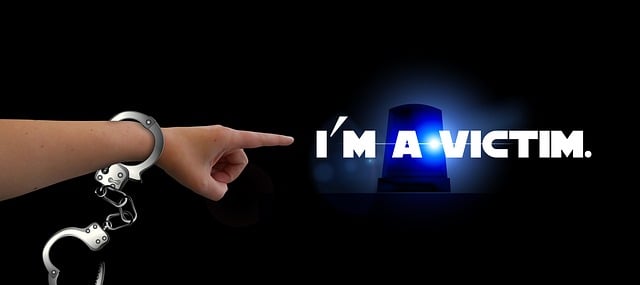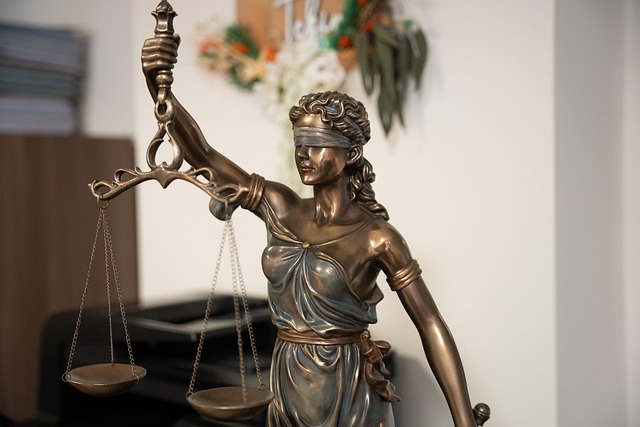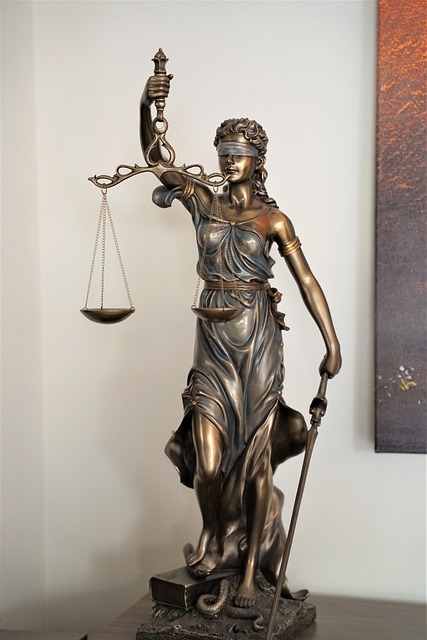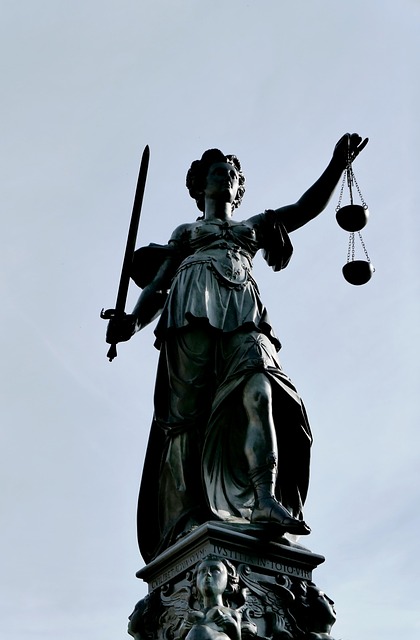The impact of jury demographics on verdicts is crucial in criminal defense, as unconscious biases based on race, gender, and socio-economic status can influence judgments. To ensure fair trials, attorneys must recognize and address these biases through strategic juror selection, evidence presentation, and argumentation that challenges stereotypes. Demographically diverse juries are better equipped to consider varied perspectives, leading to more equitable decisions in cases like white-collar crimes. Understanding demographic factors is vital for both prosecutors and defense attorneys in high-stakes trials.
Criminal Defense Attorneys play a pivotal role in navigating the intricate landscape of criminal justice, where the impact of jury demographics on verdicts is profound. This article delves into the critical issues of understanding jury bias and unconscious prejudices that shape courtroom dynamics. We explore how demographic diversity affects criminal trials and offer strategic insights to address these challenges. By examining these factors, attorneys can ensure fair trials and protect the rights of their clients in an ever-evolving legal environment.
- Understanding Jury Bias: Unconscious Prejudices in Courtrooms
- Demographic Diversity: How It Shapes Criminal Trials
- Strategies for Fair Trials: Addressing Jury Demographics
Understanding Jury Bias: Unconscious Prejudices in Courtrooms

In the realm of general criminal defense, understanding jury bias is paramount for achieving just verdicts. Unconscious prejudices, often referred to as implicit biases, significantly impact the outcome of jury trials. Research has shown that the demographic makeup of a jury can subtly influence its decisions, revealing an unsettling reality about human perception and decision-making processes. These biases are not always apparent, but they can stem from factors like race, gender, or socio-economic status, potentially leading to unfair judgments.
The impact of jury demographics on verdicts is profound, underscoring the need for lawyers to recognize and address these biases during respective business. By being aware of potential unconscious prejudices, criminal defense attorneys can employ strategic tactics to ensure a fair trial. This may involve careful selection of jurors, meticulous presentation of evidence, and eloquent argumentation that challenges stereotypes and promotes an unbiased evaluation of the facts.
Demographic Diversity: How It Shapes Criminal Trials

The demographic makeup of a jury plays a significant role in shaping the outcomes of criminal trials, especially when it comes to white-collar defense cases. In today’s diverse society, ensuring that juries represent the community at large is crucial for achieving justice. The impact of jury demographics on verdicts has been a topic of interest among legal scholars and practitioners alike. Studies suggest that juries with greater demographic diversity are more likely to consider different perspectives and backgrounds, leading to fairer and more balanced decisions. This diversity can bring forth insights from various cultural and socioeconomic viewpoints, which enriches the entire trial process.
When individuals from different ethnic backgrounds, age groups, and socio-economic status come together as jurors, they offer a tapestry of experiences. This tapestry can enhance understanding of the defendant’s motivations and circumstances, especially in cases involving complex financial crimes or political scandals. For instance, philanthropic and political community involvement among jurors might foster a deeper appreciation for the nuances of such cases, potentially leading to winning challenging defense verdicts. Demographic diversity, therefore, acts as a catalyst for more nuanced and equitable justice, ensuring that criminal trials reflect the broader society they serve.
Strategies for Fair Trials: Addressing Jury Demographics

Ensuring fair trials is a cornerstone of any just society, and one critical aspect often overlooked is the impact of jury demographics on verdicts. In today’s diverse communities, juries reflect this mix, but understanding how demographic variations can subtly influence decisions is crucial for both prosecutors and criminal defense attorneys alike. The composition of a jury, including factors like age, race, gender, and socio-economic status, can shape perceptions and interpretations of evidence presented in court.
For general criminal defense attorneys tackling high-stakes cases, especially those involving white-collar and economic crimes, recognizing these potential biases is key to crafting winning challenging defense verdicts. By understanding the nuances of jury demographics, lawyers can develop strategies to mitigate unconscious biases and ensure their clients receive fair and impartial judgments. This might involve careful selection of expert witnesses, tailored arguments, and a deep dive into the specific cultural context relevant to the case.
The impact of jury demographics on verdicts is a critical aspect often overlooked in criminal defense. By understanding and addressing unconscious biases, as well as promoting demographic diversity, attorneys can ensure fair trials. Strategies such as thoughtful juror selection and inclusive legal representation are essential tools to mitigate potential prejudices, ultimately leading to more just outcomes for all parties involved.






